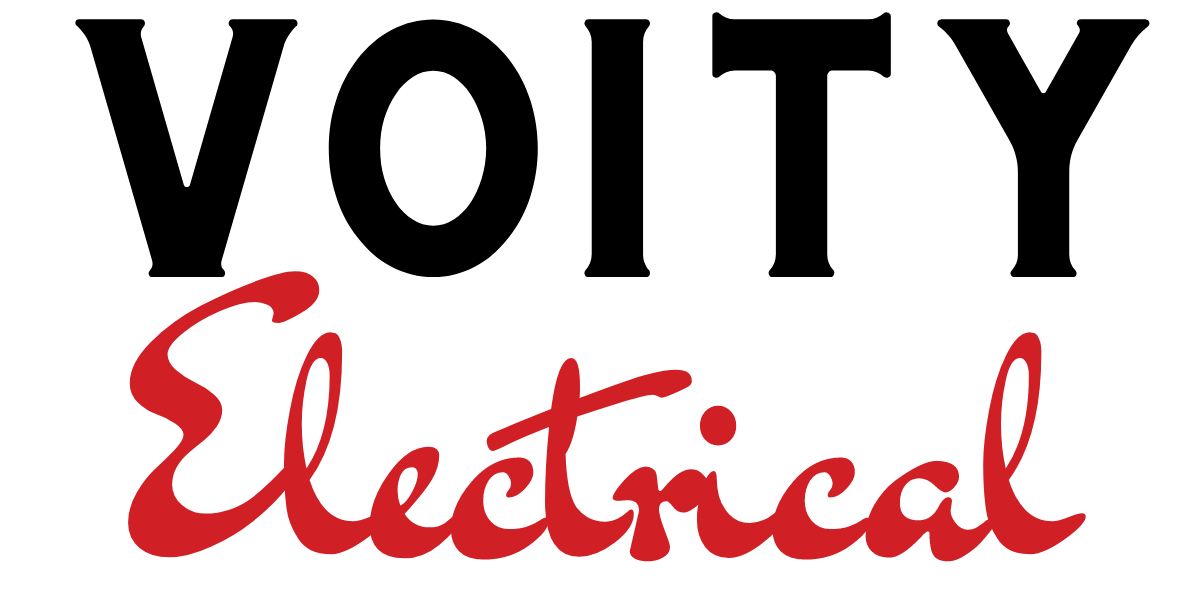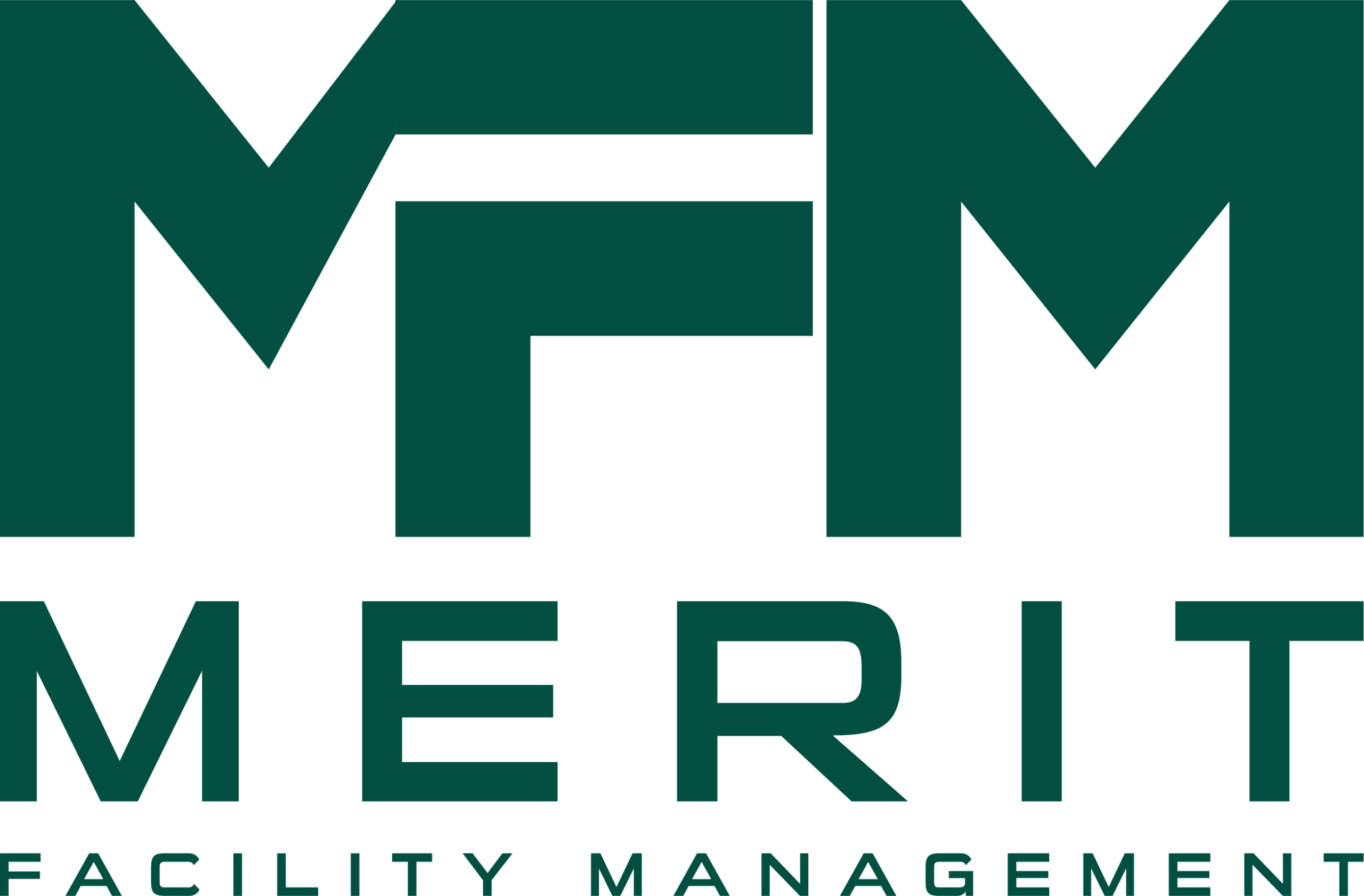Exactly how to start an HVAC business is a big question. And truthfully, that’s because it’s a big undertaking.
If you’re thinking about it, it’s likely you have the experience and skills to take this venture head on, but we’re here to lend a helping hand, too.
Running a business is hard work, and while it comes with its challenges it also comes with many rewards. Success isn’t always immediate, but by laying the right foundation for your new company you can give yourself a jumpstart.
So without further ado, let’s dive in...

Consider this before you start a HVAC business
Where does the HVAC industry currently stand?
Timing is everything, and entering into a declining market would make starting an HVAC business more difficult. Luckily, that’s not the case! The industry has a forecasted upward growth of 5.9% over the next seven years to 2028.
This is partly a result of the rising demand for energy-efficient and renewable energy products. Customers are expected to continue the trend of replacing old equipment with more efficient units. Not only for environmental factors, but also to improve their system’s performance and reduce their own energy costs.
All in all, now is a great time to be in the HVAC industry.
Marketwise, is now the right time to start a small business?
While it’s great to be in a growing and profitable industry, it’s important to also analyze how small businesses are currently fairing. And unfortunately, the answer to this question is not so clear-cut. A large part of it is dependent on where you plan to locate your new business, and the trends that area has experienced.
According to Bank of America’s 2021 Small Business Owner Report, a survey of nearly 1,000 small business owners found that 60% expect their revenue to increase and 56% believe their local economy will improve this year. These numbers are significantly up since fall of 2020, giving an optimistic outlook.
Research trends and patterns in your area and gauge the level of demand for your services. It’s also a good idea to analyze what success (or lack thereof) your competitors have experienced throughout the pandemic. This will help you to determine if now is the right time to start your HVAC business.
How much does the average HVAC owner make?
This is a big question! It’s important to know all the hard work and effort you pour into your new business is going to (literally) pay off in the long run. As of July 2021, salaries for an HVAC owner range from 58k to 99k a year, with 78k being the national average.
This range is dependent on various factors, such as location, experience, and education.
How long does it take to start making a profit?
It would be great if you could start making that yearly salary right off the bat, but unfortunately that typically isn’t the case. When thinking about how to start an HVAC business, you’ll also need to consider the amount of time it will take for your business to actually be profitable.
It can take months to break even. There are start-up costs—ranging from $2,000 to $10,000—that you’ll need to pay up front before even starting your work. And from there it might take time to find your grounding and break into a consistent stride.
To figure out what your break even point would be (which is when sales cover your expenses) use this formula: Fixed Costs / Selling Price – Variable Costs = Break Even. For example if…
- Your fixed costs (things like rent and insurance) are $90,000 per year
- Your selling price (or average charge for a job) is $400
- And your variable costs (like equipment and inventory) are $100 per job
Then: $90,000 / $400 – $100 = 300 jobs per year (or 25 per month) you will need to complete in order to break even. After that point, your business will begin to make a profit.
It might feel like a big number, but when you break it down it’s essentially completing one job per day a month. It’s definitely achievable, especially when you have the right structure in place.
How to write the ultimate business plan
And something that will help you with all aspects of your company is a business plan. There are a lot of moving parts when thinking about how to start an HVAC business, and a business plan should act as a guide for your thoughts. A traditional plan typically consists of nine sections:
- An executive summary
- Your company description
- Market research
- Management structure
- Products and services
- Plans for marketing and sales
- Financial analysis
- Financial projections
- Appendix
An executive summary
Essentially, this is the introduction to your business plan. Here you’ll put your company’s mission statement and the services you will offer. Give a brief overview of your plans—everything from goals to strategies to what differentiates you and your business from the rest.
Your company description
This section should explain what your business is all about. Start by writing more basic information like what the official name will be, the location of your company, and employees. Then, explain what you plan to do. Think about what makes your business a good investment and then highlight all of those strengths.
Market research
The more you know and understand about the industry in your area, the more successful you’ll be. Do market research to analyze competitors and identify trends and themes. Think how you can translate what they’re doing well to your company and customers. Likewise, research and identify who your target audience is. What’s the ideal age range and income level for the customer base you want to establish? Consider ways you can appeal to them over the competition, and what will make you stand out as the best HVAC choice.
Management structure
Use this space to lay out your business’s legal structure as well the organization of your internal team. Will your company be a corporation, partnership, sole proprietorship, or limited liability company? If you plan to have a management team, clearly define their roles and responsibilities. Write out their qualifications and what they will bring to the team, and how they will contribute to the overall success of the business.
Products and services
In this section list out the services you offer. Will you be doing residential or commercial work? Will you offer service, repairs, maintenance, installations, or all of the above? Also use this section to highlight qualifications you have that enable you to do more specialized jobs. For example, maybe you’ll be offering installations of high-efficiency HVAC systems. If it can differentiate your business from the next, include it!
Plans for marketing and sales
Here, you’ll write out your strategy for marketing your company and the steps you’ll take to see it through. How will you promote your HVAC business? What will your outreach to target customers look like? And how will you make your company stand out from the competition? Be detailed in your plans, as potential investors will want to make sure you have a solid strategy in place.
Financial plan
Every business needs to know where their finances are going, so this is the place to spell it out. To start a HVAC business is a big undertaking and there will be upfront costs. So, map how you’ll allocate those funds. Some will need to go towards equipment, paid marketing, employee costs, etc. If you plan to get third party funding, layout how much you need, what you’ll be using it for, and the terms and length of the request.
Financial projections
If you are seeking financing you’ll need to outline how investors will see a return of investment. Create projected income statements, balance sheets, and cash flow statements. Show that you’ve thought through and planned for all the risks of starting a company. It’s important to lay out realistic goals that are achievable for you within the first year—ultimately, don’t make promises you can’t keep.
Appendix
If there are additional documents that you couldn’t fit in the above sections, include them here. This is a great place to attach your permits and licenses, letters of reference, and financial documents like credit history.
When thinking about how to start a HVAC business, your business plan should be the ultimate resource. It might be just for your own eyes or shared with potential investors, but either way dedicate the time to go through the above sections. It will help you structure your business and plan for growth while setting realistic and achievable financial goals.
Planning costs, finances, and pricing
Costs associated with starting an HVAC business
While some businesses can launch with minimal startup costs, an HVAC business does require upfront investments. You most likely will need funds for equipment, inventory, and maybe even a physical office space. Before you go purchasing these necessities, though, it is important to have a clear overview of how much money you can realistically dedicate to them.
First, we recommend listing out what’s a “must have” and what’s a “nice to have” for your company. Having your own vehicle is most likely a must have, as you’ll need transportation to go from job to job. Buying tablets for you and your team is most likely a nice to have, since your personal phones will work just as well to get you started.
To help plan for all your must haves, here’s a list of what a typical HVAC business needs:
- Equipment and inventory
- HVAC certifications
- Office space + utilities
- Insurance
- Employee salaries
- Marketing expenses
- Website costs
- Lawyers and accountants (if needed)
How to start a HVAC business with financing
From there, determine if you can fund yourself or if you’ll need a loan or investors to get up and running. If it’s the latter, start exploring your options. This is where your business plan will prove especially effective, so leverage it when requesting a small business loan.
You will need to determine what the right kind of loan is for your business goals, as it varies from one company to the next. It is a big decision and one that should be thoroughly researched before moving forward with a request. Be aware of all the terms and conditions associated with the loans you evaluate, and be realistic about your ability to repay your loan on time.
It’s also relevant to consider the specific challenges women HVAC entrepreneurs face such as difficulty obtaining loans and information availability, and the help available to them. You can find out more about women and business loans here.
Deciding what prices you should charge
Once you have a clear understanding of your overhead costs, it’s time to decide how much you should charge for your services!
Unfortunately, this is not a one price fits all kind of situation. There are several variables to take into account—but our best advice is to do your research, and not just guess. You can start by looking into how much your competitors charge and how they’re charging their customers. For example, is it by hours and materials or are their services flat rate fees?
And while it’s great to learn from others, keep in mind that you should determine your pricing based on what will work best for your business—not what’s working best for theirs. Maybe they can afford to waive their diagnostic fees, but you’re not at that point yet. That’s okay! Your prices don’t have to be set in stone for the rest of eternity, and you can always adjust them as you go.
For a more in depth breakdown (with easy to use formulas) check out these articles on what to charge for service calls and how to price for profit.
Legalities to consider when starting a HVAC business
Before you can start offering your services, though, there are some legal requirements you’ll need to address.
First you will need to register your business. You will get an Employer Identification Number (EIN) which you will need for tax purposes. It’s also a good idea to check if there are other laws and regulations in your specific area for starting a new business.
Then, check that you have all the licensing requirements for your state. Make sure all your documents are up to date or if you need to get additional certifications. An easy way to do this is by getting in touch with your local regulatory office.
You will also need insurance for your HVAC business. Be sure to have the essentials like general liability and commercial auto insurance. These will protect against lawsuits and other financial liabilities as well as the valuable equipment you will keep on your vehicle.
Consider getting business owners insurance and workers compensation. The coverage you get solely depends on the needs of your business, but be sure to evaluate all of your options to keep yourself, your employees, and your business fully insured.
We also recommend opening a business bank account and credit card. Your personal and business accounts should not be mixed. By separating them you’re protecting your personal assets from your company’s assets. Having a separate credit card also makes it easier to see an overview of your business expenses, while simultaneously building your company’s credit.
These are just some legal measures to consider when thinking about how to start a HVAC business. Be sure to research all requirements and have all of the proper documentation in order before launching your company.
Create a marketing strategy that will set you apart
You can have the best company name, utilize the newest technology, and work with the most outstanding team in town—but it doesn’t mean much if no one knows about your business. That’s why having a marketing plan will be key to your success.
A marketing strategy is the plan you’ll put in place to reach out to potential customers and turn them into actual users of your services. It might involve building organic brand awareness and publicity, or utilizing paid methods like advertisements and social media.
This, of course, means you need to know who your customers are. To help figure that out, start by answering these questions:
- Will you be servicing residential or commercial customers? Or both?
- How many HVAC businesses will your company be competing with in the area?
- What services are the competitors offering, and is the market over saturated for that type of work?
- If yes, what gaps are there in the market? And how can your business cater to them?
- What is the income rate of the area your business will be in?
- What is the age range in your area? Will your average customer be younger or older?
Knowing your customer will ultimately help to reduce risks associated with starting a business. If you can answer the above, you’re one step closer to building a profitable and sustainable company.
From here, begin to think about your target audience and what kind of marketing strategy would appeal to them most. For example, if they’re younger, consider utilizing social accounts like Facebook, Twitter, and Instagram. If they’re older, it might make sense to take out an ad in your local newspaper or send mail flyers.
It’s important to keep in mind that marketing efforts don’t show results overnight. They take time and effort, so if you don’t see an immediate influx of leads after running an ad campaign don’t be discouraged! Be open to experimenting and adjusting as you go.
If you’re not sure where to start, check out these fifteen marketing ideas that will increase revenue. Figure out which will make the most sense for your business and start implementing them, that way when you’re ready to officially open your business you’re set up for maximum success.
Selecting your team and tools for starting an HVAC business
Behind every great business is a great team equipped with great resources. While it may be more financially practical to operate alone when first starting your company, weigh the pros and cons of having a partner or employees.
Reflect on your own strengths and weaknesses. Maybe you’re great in the field but not so great in the office. Will you need an extra hand with the administrative work? Or maybe you’re planning to take on big, ambitious projects early on—can you really complete them solo? Or will another skilled technician be exactly what you need?
In most cases, owners plan to expand their teams as their business grows. So it’s a good idea to think about these questions early on and figure out what makes the most sense for your company.
Look at your financial standing and see if hiring additional employees is a possibility. If it is, research all local and state requirements to ensure you can comply with hiring guidelines. Then, seriously consider what type of role will be most valuable to your business. Once you’ve defined the type of position, create a job listing and start your search! And make sure to check out these interview questions when hiring for an HVAC job.
Next, make sure your team is equipped with the right tools. An unorganized business is a recipe for a headache and easily leads to costly mistakes. To help everyone stay on the same page, consider implementing a HVAC software. It can help streamline everything from scheduling to invoicing, reducing errors and increasing productivity.
Also consider accounting software. It can have a big impact on the time you spend crunching numbers, and will give valuable insights into your HVAC business’s financial standing. It’s also best to make sure your software tools integrate with one another, that way there’s no double data entry required.
Get started with your HVAC business!
Starting a business is no easy task. It takes time, determination, and a lot of grit to get your dream up and running.
But once you launch and find your footing, the rewards of your efforts are plentiful. And it will be worth all the planning and preparation you did to get to that point.
But before you get there, make sure all your ducks are in a row. It will make the path to being a business owner much easier and reduce your workload (and stress levels!) down the road.
Really evaluate your choice in starting an HVAC business and make sure it’s the right path for you. If it is, create a concrete business plan and map all of your costs and finances. Ensure your business will be fully legal and up to code, and then get started in developing strategies and forming your dream team.
Our best advice on how to start a HVAC business is to be flexible. There undeniably will be a curveball or two you’ll need to overcome, but by taking the steps above you’re setting yourself up for success.










